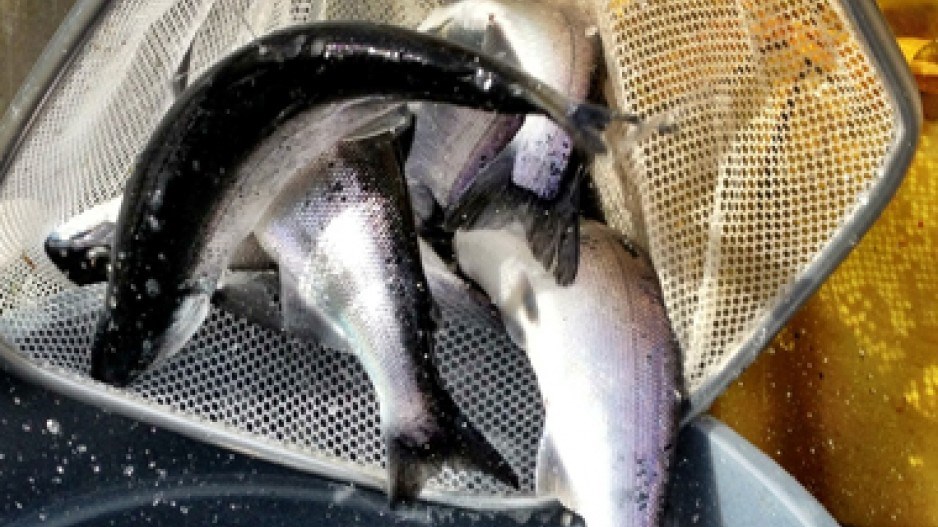Marine-use policies must consider the value of British Columbia's commercial fisheries that extend beyond just financial considerations, and should includes social and cultural values that exist within the industry, argues a new study.
Understanding Values in Canada's North Pacific, published jointly by Ecotrust Canada and the T. Buck Suzuki Foundation, discusses the complex nature of relationships built within the commercial fisheries industry.
"The role commercial fisheries play in the formal economy is just the tip of the iceberg," said study lead author Dr. Kerrie O'Donnell. "The commercial fishing industry acts like a great connector, linking people to each other, to their communities and to their sense of place.
"Our study demonstrates that much of the social and cultural fabric of local communities is rooted in commercial fishing."
O'Donnell said that although many of these values are intangible, they are vital in boosting local economies, promoting social well-being and managing resources.
The study examined 23 fishermen and found strong relationships between individuals and businesses, intergenerational bonds and links to the marine ecosystem. The area studied was the 102,000-square-kilometre Pacific North Coast Integrated Management Area, a region along B.C.'s west coast below the Alaska Panhandle that includes the Great Bear Rainforest.
"The study exposes the complex nature of the relationships built through the commercial fishery," said Jim McIsaac, director of sustainability with the T. Buck Suzuki Foundation.
"This network connects the region's social and ecological systems, bringing much more than food and income into our coastal communities. These values must be protected in fisheries decision making and in the broader marine-use policies of our governments."
The organizations hope the results of the study, which can be found here, will be used to guide decision-makers involved in marine-use planning and fisheries management.




